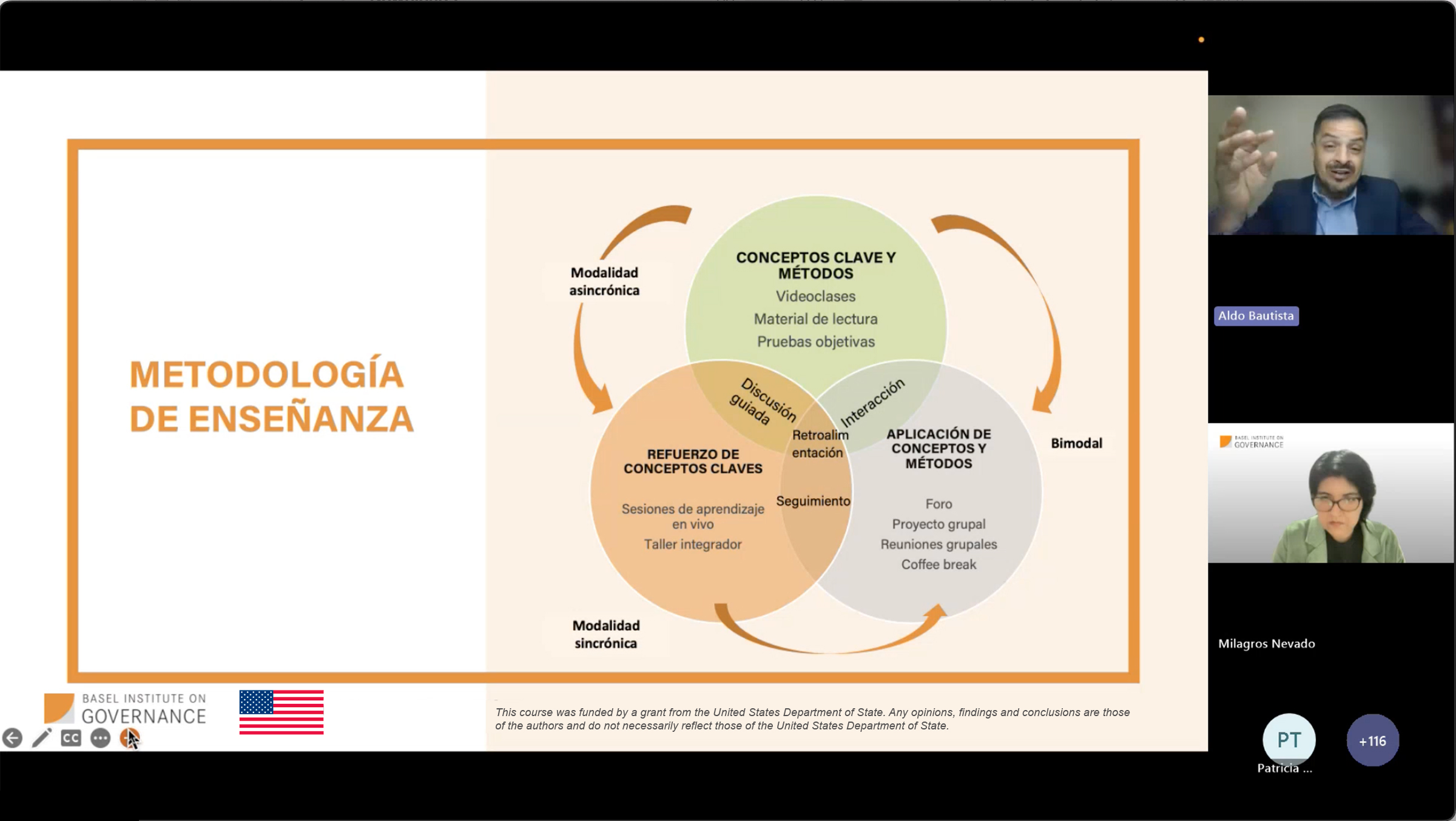Managing corruption risks in the timber value chain: new three-country course in Latin America

Corruption in the timber trade is a serious threat, economically and environmentally. Forest-rich countries in Latin America are particularly exposed.
Those include Bolivia, Ecuador and Peru, where our Green Corruption programme has been working with forestry authorities and environmental agencies to help them assess and mitigate corruption risks.
A new virtual course now seeks to systematise and expand the capacity of officials across those three countries to assess and mitigate corruption risks in the timber value chain, including through peer learning and experience sharing.
Developed and led by our Latin America-based Green Corruption specialists, the course will see a cohort of more than 200 officials participating in the course’s activities and sessions across seven weeks. In addition to public officials from forestry authorities and environmental agencies, researchers and Indigenous leaders are also among the participants.
The course is part of a three-country programme funded by the U.S. Department of State Bureau of International Narcotics and Law Enforcement Affairs (INL Bureau).*
Launching learning
Our team launched the course “Corruption Risk Management in the Timber Value Chain” on 19 August at a well-attended online event.
During the launch, our team provided a detailed description of the course's methodological design, educational resources and activities aimed at fostering dynamic and practical learning. Alongside video lectures, live learning sessions, reading and tests, there is a forum, group meetings, a group project and a scheduled "coffee break".
The presentation also included a demonstration of the Basel LEARN platform, guiding attendees on how to navigate it and make the most of the tools available.
Basel LEARN is now our central hub for the delivery of training programmes, though this is the first time we have run a training course with a three-country cohort over a period of several weeks.
Gaining essential knowledge and practical skills
At the end of the course, officials will be better equipped to:
- understand the role of corruption risk management in the timber value chain;
- identify and prioritise corruption risks that need to be addressed;
- prepare mitigation measures and enhance the organisation's preventive capacity overall.
Though virtual, the course is designed to be as hands-on and interactive as possible. For example, a two-session workshop will see participants working together in small groups to analyse risks and submit the outcomes as a group project.
The high number of registrants reflects the strong interest and commitment of participants in contributing to a more transparent and sustainable forestry sector. We look forward to supporting the learners as they progress through their journey and to facilitating discussions between officials across the region.
*The course and this article were funded by a grant from the United States Department of State. Any opinions, findings and conclusions are those of the authors and do not necessarily reflect those of the United States Department of State.


